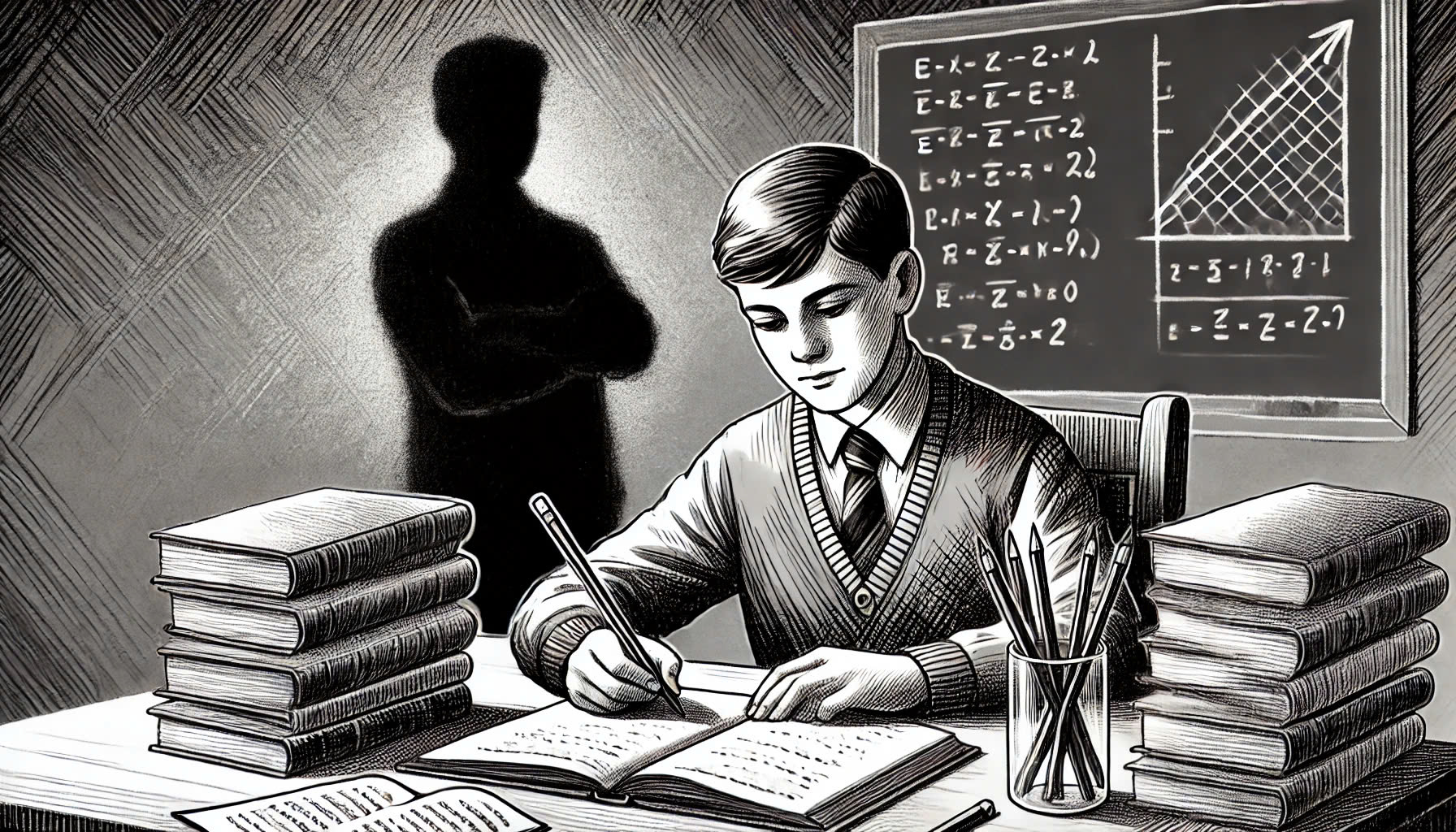For my kid’s sake, I choose private tutoring! Here’s why
Welcome to The Hanoi Times' Words on the Street column, where we reflect on the most pressing issues and events in Vietnam and Hanoi.
In Vietnam's evolving education system, private tutoring remains a contentious issue. For many parents, it's a necessary investment to ensure their children keep up with the curriculum and sometimes to ensure fair treatment in the classroom. But as new regulations attempt to curb after-school classes, the question still stands: Is banning extra classes really the answer, or does it create new challenges for students and teachers?
This week on Words on the Street, a parent shares a personal reflection on the delicate balance between academic pressure, teacher favoritism, and the quiet sacrifices made for a child’s peace of mind.
My oldest son is currently in second grade. In addition to his regular schooling, he also takes piano, chess and badminton lessons.
He studies piano at a music center, while chess and badminton are extracurricular activities organized by his school after regular classes.
In addition, he attends a tutoring class taught by his homeroom teacher every Saturday night from 6:00 to 9:00 p.m. I sent him to this extra class when he was in first grade, at the suggestion of a fellow parent. Of course, no one objected to the idea, and whether or not to attend was simply a personal choice.
To ensure that my son had a peaceful time at school, I decided to enroll him in both a tutoring center and his teacher's class.
Since the Lunar New Year, these Saturday classes haven’t resumed due to Circular No.29, issued by the Ministry of Education and Training on December 30, 2024, which regulates private tutoring.
According to the regulation, elementary school students are not allowed to take extra academic lessons outside of school, except for classes that cultivate artistic talents, sports skills, or life skills.
For middle and high school students, private tutoring is considered a business activity that must be officially registered. Teachers are prohibited from tutoring their own students for a fee, as well as from operating or managing private tutoring centers.
Personally, I am neither for nor against private tutoring. My son really enjoys learning and actively wants to attend these classes. Even when I invite him to go out for fun, he often refuses because he prefers to be in class with his friends.
However, if he ever decides he doesn't want tutoring, I would fully support his decision as long as he maintains his academic performance in school.
From my perspective, the ban on after-school tutoring for primary school students is a necessary step. The government is striving to reduce the academic burden on young students, and this policy is a step toward achieving that goal.
Secondly, this ban aims to prevent unethical practices within the education sector. While I acknowledge that not all teachers are guilty of misconduct, in Vietnam, it's common for teachers to favor students who attend their private classes.
I’ve experienced this firsthand.
Back in the fifth grade, my teacher often slapped me and hit me with a ruler. She even refused to let me use the bathroom during class. After my parents enrolled me in her tutoring program, her attitude toward me turned around.
In ninth grade, I joined a small group of classmates who studied at our teacher's house. We received preferential treatment at school, and our class tests closely mirrored what we had been taught in individual lessons.
She also had a soft spot for the students who attended her private sessions, even those who were struggling academically. On the other hand, students who did well in school but didn't attend her sessions often struggled in her class.
In tenth grade, my English teacher openly favored the students who attended her extra help sessions, consistently grading their work higher than the rest of the class.
Things got so bad that my entire class collectively signed a petition asking the school to assign us another English teacher. As far as I know, we were the only class in the school's history to do this.
However, banning private tutoring also puts pressure on both teachers and students. Many educators argue that current school hours are insufficient to cover all the necessary material.
From the teachers' perspective, they need additional time to ensure that students fully grasp the curriculum.
Furthermore, tutoring is an important source of income, especially in an economy where many teachers are struggling to make ends meet.
From the students' perspective, tutoring helps them keep up with their schoolwork, especially for those who find it difficult to grasp concepts during regular class time.
A typical public primary school classroom in Vietnam has about 40 to 45 students. Expecting teachers to give individual attention to each child is simply unrealistic.
Most parents also prefer to send their children to remedial classes because they lack confidence in their children's ability to learn on their own. In addition, many see academic achievement as the key to a better future.
If private tutoring is not banned, then we need a fair and reasonable legal framework that allows teachers to teach without restrictions while ensuring that they are fairly compensated.
We also need a code of conduct and ethical guidelines to prevent situations where teachers mistreat students who don't attend their private lessons.
Finally, we must find ways to reduce the overwhelming academic workload placed on both teachers and students.
I don't want my child's backpack to get heavier and heavier, forcing them to carry more and more books to class every day.
Nor do I want his friends to endure harsh weather, cold winter winds, and persistent drizzle just to satisfy the demands of certain parents or his teacher.
Tutoring should always be voluntary. And, of course, teachers should be fairly compensated for their efforts.












